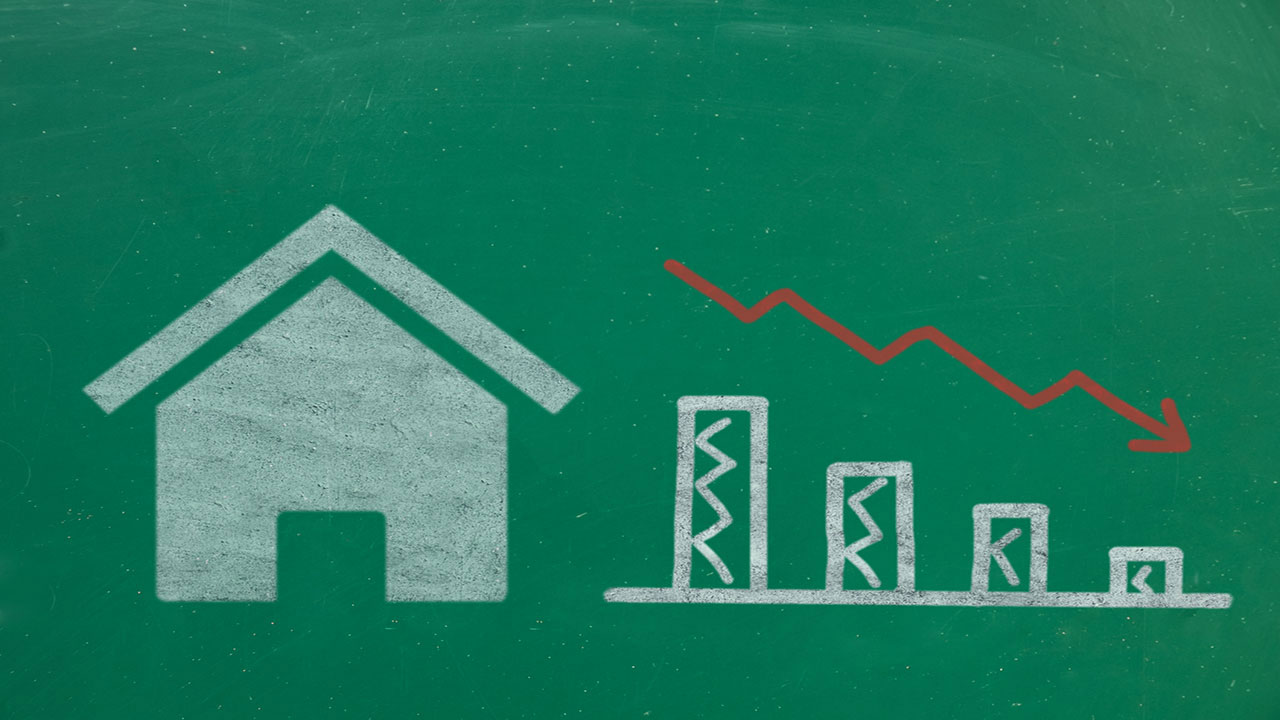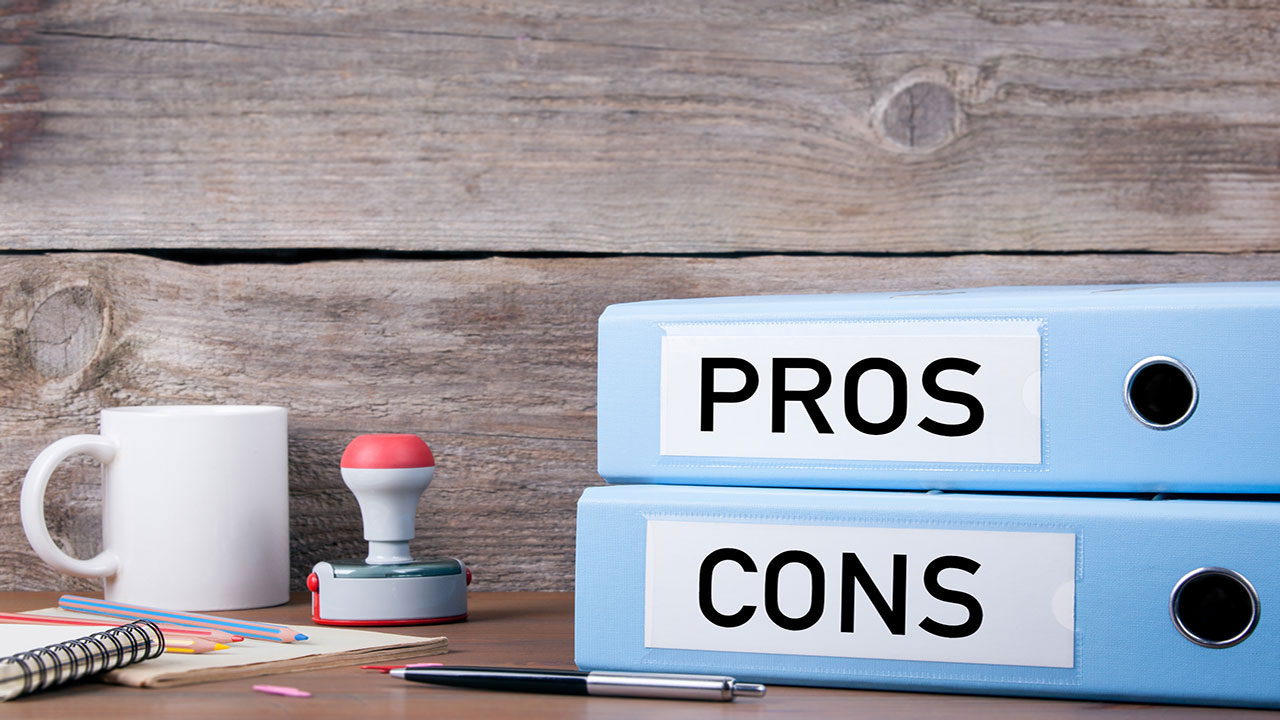Should You Refinance Your Home?

If you own a home and have some equity built up in it, you may have the opportunity to refinance your current mortgage. And there may be some good reasons why may want to consider refinancing, depending on your situation.
What does it mean to refinance your mortgage?
Refinancing involves replacing your current mortgage on your home with a new mortgage, usually with different terms than the original one, including a different interest rate.
The funds that you get from refinancing will allow you to pay off your original mortgage and free up money to be used for other purposes since the interest rate is lower.
Sound confusing? Let’s illustrate.
Let’s say you have a mortgage for $300,000 with your current lender at a rate of 6%. If you’re able to get a mortgage for the same amount at a lower rate of 4%, you can use the original $300,000 to pay off the first mortgage at 6%.
That initial mortgage will then be considered to have been paid in full, and your obligations now lie with paying off your new mortgage at 4%.
Refinancing can be used to pay off your original mortgage as well as any other debts you may have, as long as you have enough equity in your home. In this scenario, refinancing can be seen as a type of debt consolidation.
In another situation, let’s say you have a mortgage of $300,000 at a 6% interest rate as well as $50,000 in various debts. If you can get a new mortgage for $350,000 at a rate of 4%, you can use that money to pay off your original mortgage and use the leftover funds to pay off your $50,000 debt.
So, should you refinance your mortgage? Here are some situations where that might make sense.
Secure a Lower Rate

The interest rate that you’re charged on your mortgage makes a huge difference in how expensive your overall mortgage will be by the time you pay it off in full. Even one percent can mean the difference between thousands of dollars over the life of the loan.
For example, a rate of 6% on a $300,000 would translate into $275,826 in total interest payments for a 25-year amortization period. In contrast, a rate of 5% on the same loan amount and time frame would amount to a total of $223,446 in interest paid. That’s a savings of $52,380.
One of the best reasons to choose a refinance is to take advantage of a lower interest rate. Lowering your rate will not only help you save some cash, but it can also help you build equity in your home faster. If you have the opportunity to refinance at a lower rate, it might be worth it to do.
Pay Down Your Mortgage Faster
If you can land a lower rate on your home loan, you can shorten the amount of time it takes to repay the loan amount in full. Even though your monthly payments might not change, the interest portion will decrease and your principal portion will increase. You can effectively slash the loan term by a few years, allowing you to achieve financial freedom faster.
Pay Off Debts

As illustrated earlier, refinancing might give you the opportunity to pay off some of your debts. This can be highly advantageous if you are struggling to pay down some high-interest debt, such as credit card debt.
By refinancing and freeing up some funds at a lower interest rate, you can pay off that high-interest debt and end up with a more affordable loan. Even though you still owe the same amount, you’ll have to pay a lower rate on the debt amount, making your payments cheaper.
Rates Are on the Rise and You Have an Adjustable-Rate Mortgage
If mortgage interest rates expected to increase and you have an adjustable-rate mortgage (ARM) on your home, you’ll be stuck with a higher rate when the adjustment period comes.
If that’s the case, refinancing may give you the chance to convert to a fixed-rate mortgage and lock in at a lower rate. This is especially true if the rate for fixed-rate mortgages is lower than what you’d end up paying when your ARM adjusts.
Factors to Consider Before Refinancing

Although refinancing might make sense in many situations, it’s important to take a few things into consideration first before deciding if this makes sense for you.
Do the math to make sure you’re actually saving money
There are costs associated with refinancing, so you’ll want to make sure you’re actually saving some money at the end of the day. Add up the costs of refinancing – which typically include loan origination fees, appraisal fees, and application fees – and determine whether or not it makes financial sense to refinance before you take this route.
Take the new term into consideration

Once you refinance, you’re basically starting your mortgage term all over. That means if you take out a 25-year term, you’ll be on the hook to pay your new mortgage for 25 years. As such, it might make more sense to refinance while you’re still earlier in your mortgage term.
Consider your credit score
Your credit score will play a role not only in your ability to get approved for a refinance, but it will also impact the interest rate you can get. If your score could use a little improvement, you might want to take measures to increase it before you apply for a refinance.
The Bottom Line
There’s a lot to consider before choosing a mortgage refinance. This loan product offers plenty of perks, as long as everything lines up. Take all factors into consideration to make sure this is the right step to pursue.



